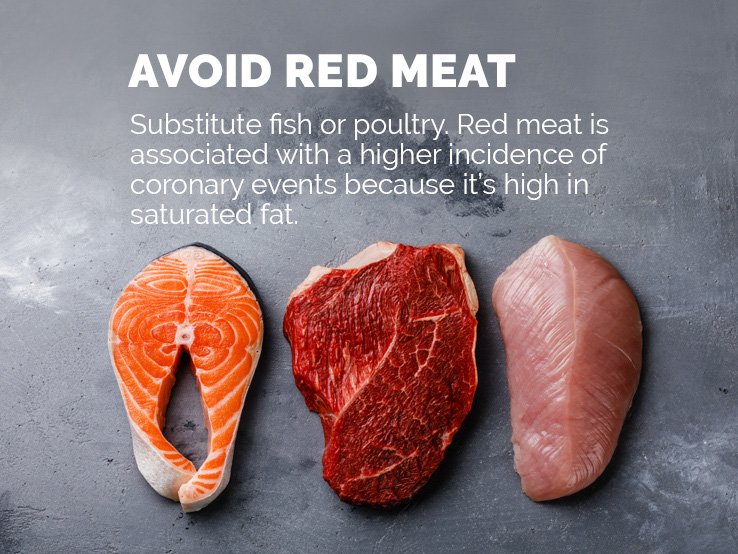In the pursuit of a healthy heart and overall well-being, the latest guidelines from the European Society of Cardiology, underscore the paramount importance of adopting a healthy diet. A balanced and sensible eating routine is identified as the cornerstone for preventing cardiovascular disease and maintaining optimal heart health.
Understanding the Components of a Wholesome Diet
The food we consume can be broadly categorized into carbohydrates, fats, proteins, vitamins, minerals, and water. Visualizing the stomach as a bag, it is recommended to reserve one part for water and allocate only two parts for food. Moreover, the last part of the stomach should be left free. This approach to selective eating should be consistently followed daily.

Choosing the Right Carbohydrates
In the realm of carbohydrates, steering clear of refined and processed foods is advised. Instead, one should prioritize the consumption of whole grains and legumes. Opting for a predominantly plant-based diet is favored over a meat-centric one.

Moderating Meat Intake
When incorporating meat into the diet, especially red meat, it is essential to restrict consumption to less than 500 grams per week or half a kilo. A healthier alternative to regular meat is fish, particularly fatty fish rich in mono-unsaturated and poly-unsaturated fatty acids, which have been shown to reduce the risk of heart disease. Including one to two servings of such fish per week is beneficial.

Fruits, Vegetables, and Nut Consumption
Fruits and vegetables are vital components of a heart-healthy diet and should be consumed abundantly daily. Aim to include at least 200 to 300 grams of fruits and vegetables in your daily intake. Additionally, nuts like almonds, cashews, pistachios, and walnuts can be incorporated in servings of 20 to 30 grams, providing a nutritious and satisfying snack option.

Limiting Unhealthy Food Choices
Certain food items, such as bakery products (e.g., bread, buns), sweets, cakes, and fried items that contain refined carbohydrates, can lead to elevated blood pressure and pose challenges in managing blood sugar levels in diabetic patients. It is crucial to limit the consumption of these items in one’s diet to promote heart health and overall well-being.
Stay Informed and Stay Heart-Healthy
For further insights into heart health and the latest research, visit ESCardio.org. By staying informed and adhering to these dietary recommendations, we can take significant steps in safeguarding our heart health and reducing the risk of cardiovascular disease. Remember, a healthy heart starts with the food choices we make every day.
 Food Manifest
Food Manifest 



















Leave a Comment
Your email address will not be published. Required fields are marked with *